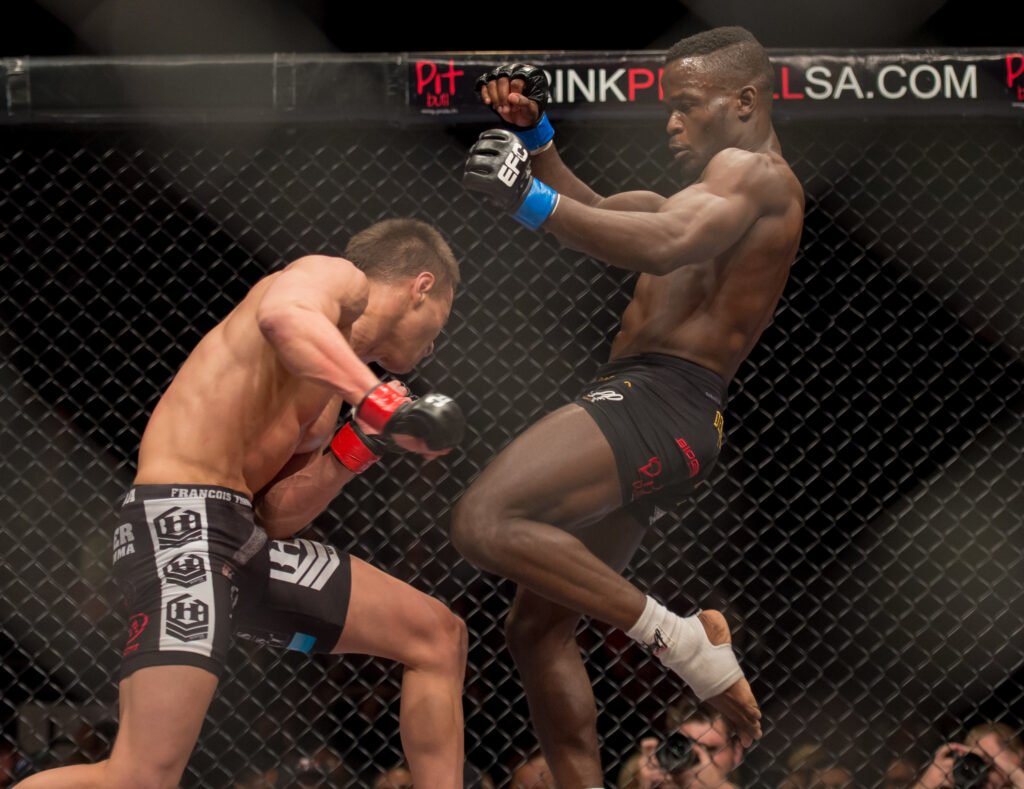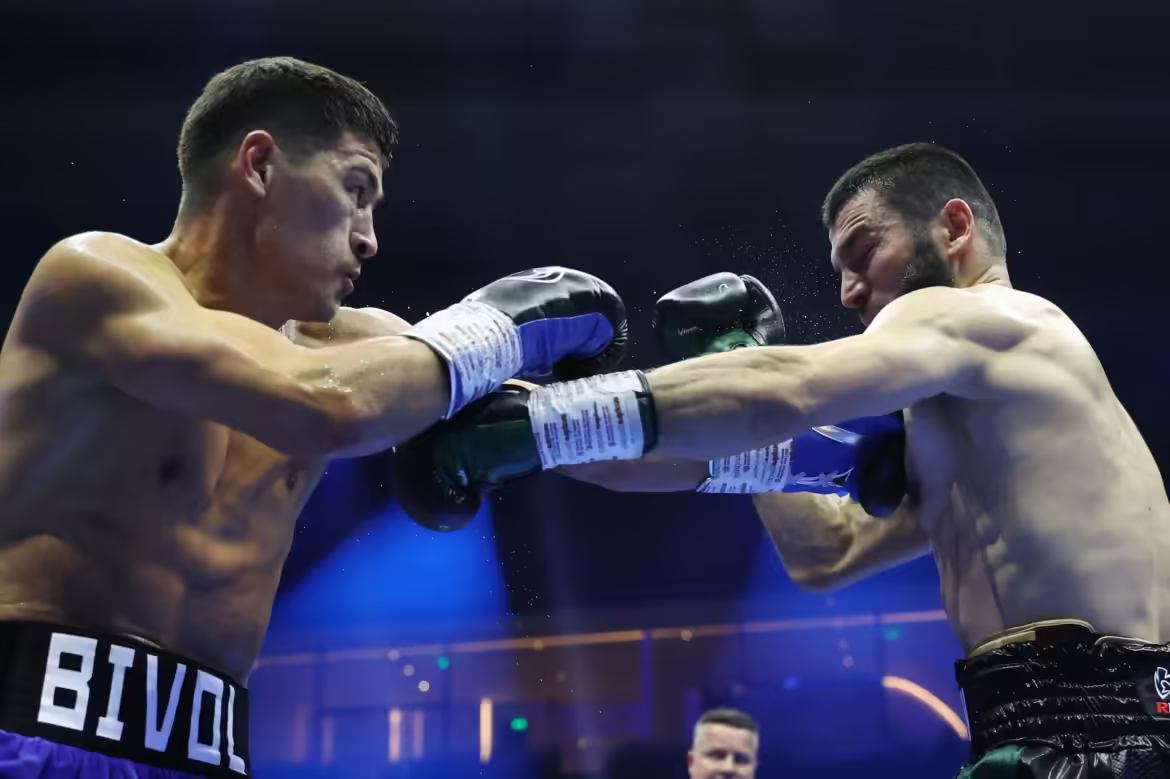The MMA is not an easy game, and anyone who steps into the octagon knows the immense challenges they face. Mixed Martial Arts (MMA) is one of the most grueling and demanding sports in the world, combining techniques from boxing, wrestling, jiu-jitsu, and many other disciplines. Fighters endure years of intense training, and their physical and mental toughness is pushed to the limit. From the outside, MMA might look like a raw display of violence, but it is a highly strategic and skillful sport. The complexities of the game show that success requires much more than brute strength.
Training: The Foundation of a Fighter’s Career
At the heart of every MMA fighter’s success is the grueling training regimen that prepares them for the intensity of competition. The MMA is not an easy game, as fighters must train in multiple disciplines, including striking, grappling, and submission techniques. On top of that, they undergo rigorous physical conditioning to build endurance, strength, and agility. The training involves countless hours in the gym, perfecting every aspect of their game, often at the cost of personal time and health.
To compete at the highest level, MMA fighters must constantly evolve. They cannot rely on just one skill set. A world-class striker must develop their grappling and takedown defense, while a jiu-jitsu expert must learn to trade punches effectively. This versatility makes MMA unique and difficult because fighters must excel in various combat styles.
Mental Toughness: Key to Survival in the Octagon
While physical preparation is essential, the MMA is not an easy game largely because of the mental toughness required. Inside the octagon, fighters face extreme pressure, and the mental battles are just as intense as the physical ones. Fear, anxiety, and the threat of injury constantly loom over every fighter, making it crucial for them to stay calm under pressure. Mental fortitude can often determine the outcome of a fight, as the ability to stay focused and execute a strategy can mean the difference between victory and defeat.
Fighters must learn to push through the pain and exhaustion, especially in long fights where the physical toll becomes overwhelming. They also need the resilience to bounce back from losses, which are inevitable in the sport. Unlike other sports, where losing is a setback, in MMA, losses can be physically devastating. Yet, champions are often defined by their ability to come back stronger after defeat.

The Risk of Injury: A Constant Threat
Another factor that shows the MMA is not an easy game is the high risk of injury. Every punch, kick, and submission attempt carries the potential for serious harm. Fighters often enter the octagon with pre-existing injuries from training camps, and the nature of the sport means that injuries are almost inevitable. Concussions, broken bones, and torn ligaments are common occurrences in MMA, and the road to recovery is often long and painful.
In addition to the physical toll, injuries can also have significant mental consequences. Fighters worry about how injuries will affect their careers, whether they will be able to return to peak form, and the long-term impact on their health. Despite these risks, MMA fighters continue to train and compete at the highest level, showcasing their dedication to the sport.
Financial Uncertainty in MMA
While top-tier fighters like Conor McGregor and Israel Adesanya earn significant paydays, most MMA fighters do not enjoy such financial security. The MMA is not an easy game financially for many athletes, as they often struggle with low fight purses and inconsistent income. Unlike other sports where athletes have guaranteed contracts, MMA fighters are typically paid per fight, with a win often being necessary to secure future opportunities.
Training camps are expensive, with fighters needing to pay for coaches, nutritionists, and travel expenses. A loss or an injury can set back a fighter financially, as they may be sidelined for months without any income. Despite these challenges, fighters continue to pursue their dreams, driven by the hope of climbing the ranks and securing bigger paydays.
The Unseen Dedication Behind the Scenes
One of the reasons the MMA is not an easy game is the immense dedication it requires outside of the octagon. Fighters must maintain strict diets, follow intense workout routines, and sacrifice much of their personal life to stay in peak condition. The mental and physical exhaustion that fighters endure during training camps is often unseen by the public but is an essential part of their journey.
Behind every successful fighter is a team of coaches, sparring partners, and medical staff who work tirelessly to prepare them for battle. This team dynamic is crucial, as no fighter can succeed alone. The sacrifices that fighters make extend to their families as well, who support them through the highs and lows of their careers.
Conclusion
The MMA is not an easy game, and only those with the highest level of dedication, resilience, and mental toughness can succeed. The sport’s complexities—spanning from the physical demands to the mental fortitude required—make it one of the most challenging arenas to compete in. While the rewards can be great, the risks are even greater, and only the toughest fighters rise to the top. MMA is much more than just a fight; it is a test of character, skill, and endurance that few can master.
Stay connected to know more on arcnews.online for global news like The MMA Is Not an Easy Game. For videos updates visit our YouTube. Do subscribe to Arcnews to get latest updates directly in your mail box.
Have A Great Day.


